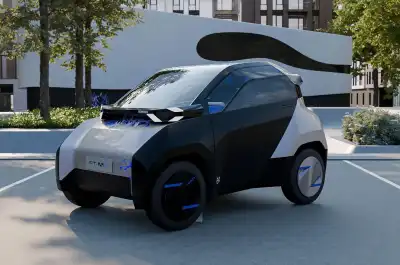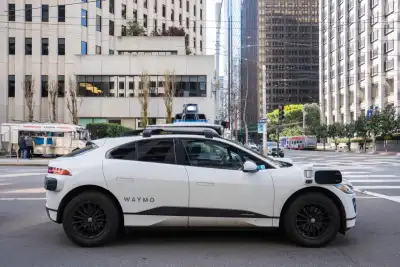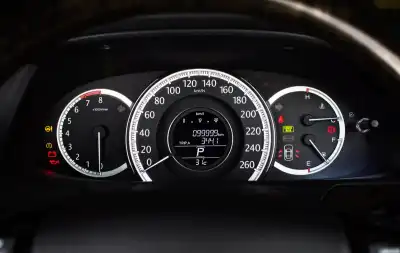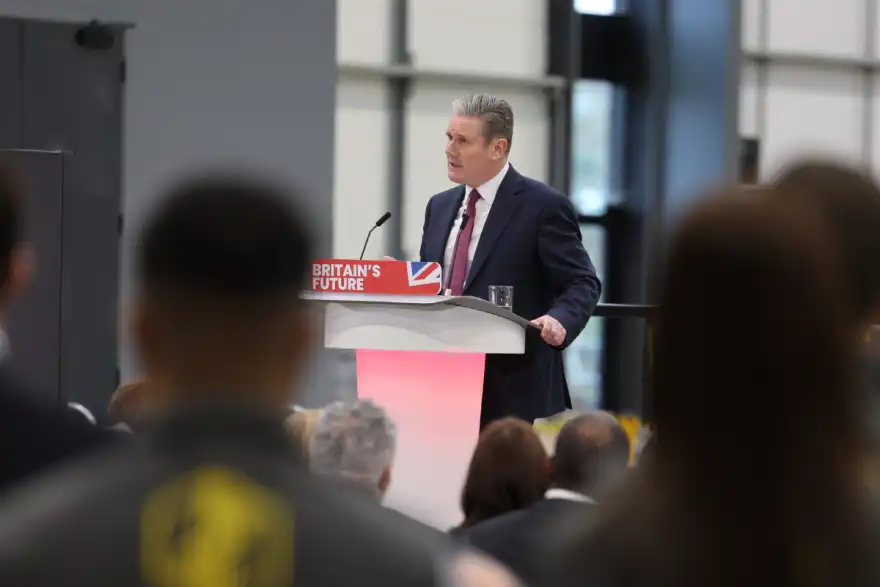
With a new Labour government in place, drivers are curious about what changes lie ahead for car ownership and driving expenses.
Here's a roundup of how a Keir Starmer-led administration could affect motorists, including reinstating the 2030 ban on new petrol and diesel car sales and potentially increasing fuel duty.
Will fuel prices rise under Labour?
Keir Starmer hasn't ruled out increasing fuel duty, despite it being frozen for 14 years. Currently set at 59.95p per litre, this includes a hefty 20% VAT. An additional temporary 5p cut on fuel tax is in place until March 2025, introduced to counter rising pump prices due to the Ukraine conflict.
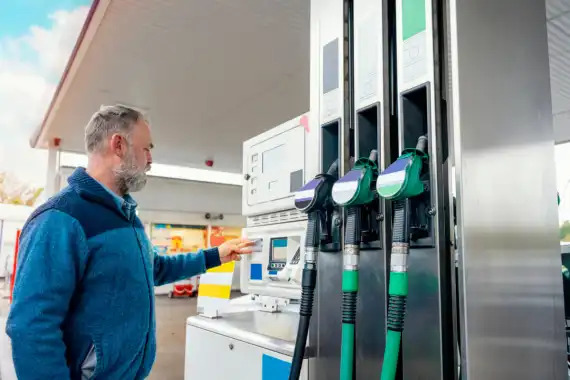
During a Sky News debate, Starmer avoided directly committing to a fuel duty hike, citing his consistent support for freezing it "every single time it has come up", though decisions will be made on a budget-by-budget basis.
Before the election, Shadow Secretary of State for Transport Louise Hague told Auto Express: "On fuel duty – we want lower taxes on working people, which is why we've always campaigned against fuel duty rises in this Parliament.
"Nothing in our plans requires us to raise any additional money beyond measures already announced."
Hague also mentioned that Labour would investigate ways to rectify the unfairness of crude oil price reductions not translating into savings for drivers.
The current Conservative plan sees the temporary 5p cut ending in March 2025, followed by annual increases based on retail price index inflation. Past decades have seen freezes, but future adjustments will depend on budgetary decisions.
Drivers currently save approximately £50 annually due to the frozen fuel duty, totaling around £250 since its introduction, according to Treasury figures.
When will you need to switch to an electric vehicle?
Labour plans to reinstate the 2030 deadline for phasing out new petrol and diesel cars, aiming to provide certainty to manufacturers after the Conservatives extended it to 2035.
There's concern among motorists that transitioning to EVs might be too expensive. New EVs generally come with higher price tags compared to traditional cars, and Auto Trader recently highlighted a shortage of affordable used EVs, which is slowing adoption.
Labour argues "Electric cars are already cheaper to run and will soon be cheaper to make than petrol cars. More delay means higher costs for drivers, billions in investment lost and more jobs shipped overseas."
Fortunately, more affordable EV options are entering the market. Vehicles like the Dacia Spring, starting from £14,995, and the Citroen e-C3, from £21,990, offer budget-friendly choices for consumers.
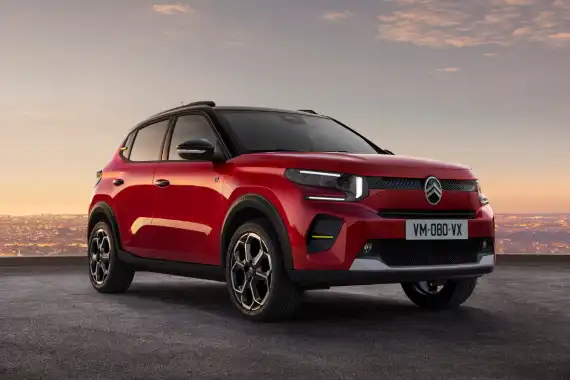
Additionally, the AA Used Car Index shows a significant drop in prices for popular used electric and hybrid vehicles, down nearly 19% in the last three months compared to the previous year.
However, Labour has not introduced direct financial incentives to assist consumers in budgeting for EVs. Instead, they rely on market dynamics and promote the improvement of charging infrastructure as an incentive for adoption.
Will electric vehicle charging become more affordable under Labour?
Labour has committed to expanding the charging network through various rollout improvements. They plan to eliminate barriers like height restrictions and data access limitations that hinder chargepoint deployment. Additionally, they are set to release the £950 million Rapid Charging Fund to bolster infrastructure.
There's also speculation about whether Labour, will reduce VAT on public charging from 20% to 5%. Aligning VAT with home charging rates would eliminate current pricing disparities and potentially lead to significant savings for EV drivers.
Will potholes finally get fixed under Labour?
In 2023, vehicle damage from pothole-ridden roads cost an alarming £474 million, as reported by This is Money.
Labour estimates the average repair cost at £250 per incident.
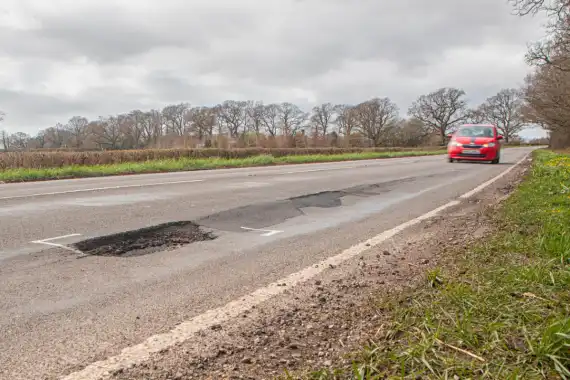
To tackle this issue, Labour pledges to prioritise road maintenance by addressing an additional one million potholes annually across England throughout the next parliament. They aim to move away from temporary fixes and ensure long-term road network sustainability.
To fund these efforts, Labour plans to allocate an extra £320 million over five years. This funding will be redirected from the deferred A27 Arundel bypass project, supplementing the £8.3 billion already earmarked by the Tories for road maintenance.
Will the ULEZ expand to include more drivers?
It appears that Labour does not intend to extend low or ultra-low emission zones (ULEZ). Currently, ULEZ imposes a daily fee of £12.50 and encompasses all London boroughs.
These zones were not addressed in the Labour manifesto, and no expansion plans have been announced during the campaign.
Check your car's ULEZ compliance here: https://www.regit.cars/check-ulez
Although the Congestion Charge was also not mentioned, Sadiq Khan, the Labour Mayor of London, plans to implement a £15 Congestion Charge for electric vehicles starting from December 25, 2025.
Will Labour implement widespread 20mph speed limits like Wales?
In September 2023, Wales became the first UK nation and one of the world's early adopters of a default 20mph speed limit. This blanket restriction covers all residential and densely populated areas, with only a few 30mph roads exempted based on specific considerations.
Following Labour's decisive victory, including overtaking the Tories in Wales, drivers might wonder if similar speed limits could extend to England under Labour's leadership. However, it seems unlikely.
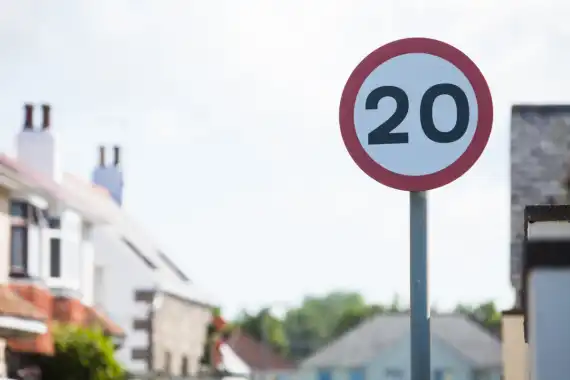
Labour's manifesto did not address speed limits directly. When questioned by Auto Express, Labour MP Louise Hague emphasised "It should be up to local communities to decide the speed limits on their local roads, not politicians in Westminster.
"20mph limits are welcome in certain areas such as around schools – but those decisions should be made locally. That’s why a Labour Government will not introduce blanket 20mph zones".
Will car insurance become more affordable?
Motorists are currently facing record-high insurance costs, with premiums averaging £635, up from £627 in late 2023, according to the Association of British Insurers (ABI).
Labour has pledged they "will further support drivers by tackling the soaring cost of car insurance". While specifics were not detailed in their manifesto, at last year's Labour Party conference, Shadow Transport Secretary Louise Haigh announced plans for formal investigations by the Financial Conduct Authority and the Competition and Markets Authority into the soaring prices.
Haigh also highlighted Labour's intention to extend the 14-day free cancellation window for car insurance policies and to investigate unfair postcode-based pricing.
Furthermore, Labour claims that their road maintenance plan, which includes fixing potholes, will lead to "hundreds of pounds in lower repair bills and insurance premiums".

